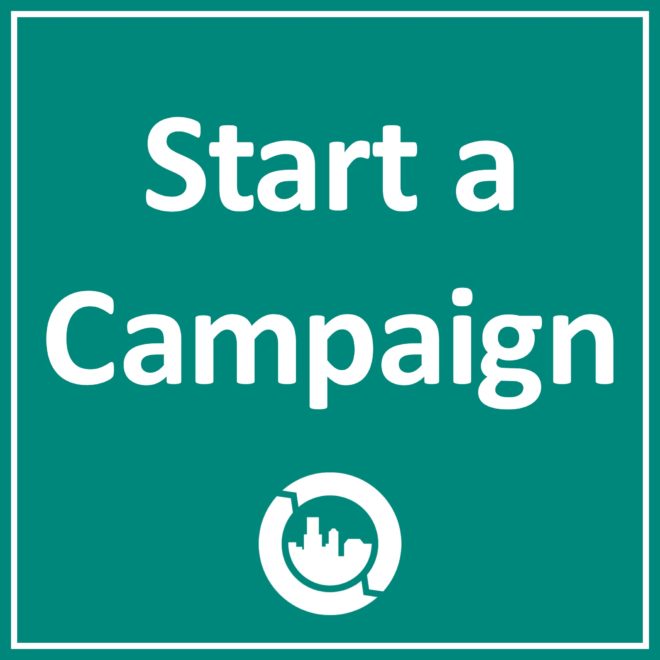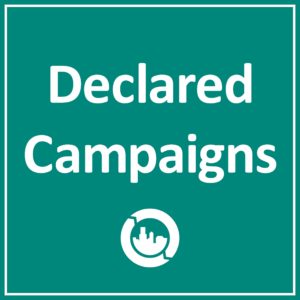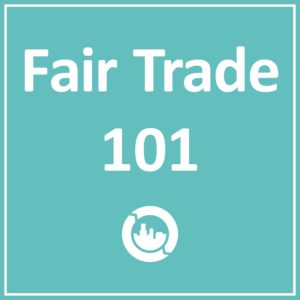Fair Trade in Your Classroom – Lesson Plans
Bring Fair Trade education into your classroom
with Lesson Plans from Fair Trade Campaigns
At Fair Trade Campaigns, we are always looking for new ways to raise awareness about Fair Trade and provide resources to support our dedicated campaigners around the country. This new project combines both of these goals in one package.
In conjunction with the education consulting firm Creative Change, we developed a set of four lessons plans that explore four different issue areas in relation to Fair Trade – global economics, gender equity, child labor, and environmental sustainability.
About Fair Trade Schools
Fair Trade Schools is a recognition program for schools, grades K-12, demonstrating their commitment to Fair Trade. Through this program, we seek to engage future generations in making a difference through their purchases and understanding Fair Trade within larger global issues. In our globally connected world, the concepts of environmental and economic justice, as well as fair treatment of those less fortunate, are imperative for students to learn.
Interested in earning Fair Trade designation for your school? Learn more here.
About the Lesson Plans
Each of the four lessons includes several activities, which can be completed individually or as a full, sequential lesson.
These are differentiated lesson plans for grades 6-12, which are aligned with common core standards in English and Language Arts and are applicable for a variety of subject areas. Teachers have used the lessons in subjects ranging from English and Social Studies, to Biology, Environmental Science, and Business.
The lessons come with an accompanying Educator’s Guide, which provides background information for teachers and guidance on effective instructional strategies.
Bring Fair Trade into Your Classroom
Interested in using these materials in your classroom? The lessons and accompanying educator’s guide are available for free download, below.
An Educator’s Guide to Fair Trade
This document is a guide to accompany a curriculum series on Fair Trade designed for grades 6-12.
The series offers teachers four collections of differentiated lessons for use in economics, geography, language arts, or social studies courses. Each collection is provided in a single document that contains Teacher Notes followed by complete student materials for all activities.
The Educator’s Guide includes a comparison of Free Trade versus Fair Trade, a master vocabulary list, a master resource list, and resources on effective instructional strategies.
Changing the Rules of the Global Economy: An Introduction to Fair Trade
This foundational lesson introduces the basic values and ‘operating rules’ of two approaches to global trade: the dominant model, characterized by winner-take-all competition to increase profits and lower costs, and Fair Trade, characterized by win-win strategies that benefit consumers, businesses, workers, and communities.
Guiding Questions: How do our values impact our consumer decisions? What are some of the rules and practices of global trade? Who and what are impacted by global trade? How can Fair Trade principles impact people, communities, and the environment? What can consumers do?
“Our students host a Fair Trade fair every Christmas and this lesson reinforced the benefits of buying Fair Trade products as they promoted the event.”
– Mary Ruskey, Tenth Grade Business Apps, Mercy Career & Technical High School
Gender Equity and Fair Trade
This lesson focuses on the relationship among gender, education, and economic opportunities. This requires that students have an understanding of key concepts including gender, sex (i.e., boy/girl), equity, and equality. Students must also understand that improving outcomes and rights for girls and women does not mean reducing outcomes and opportunities for boys and men.
Guiding Questions: What does ‘gender’ mean and how can it impact the opportunities you have? What are common gender-based barriers and opportunities in terms of education and work? How can improving opportunities for girls and women benefit boys and men? What can consumers do?
Environmental Sustainability and Fair Trade
Students should have a basic understanding of environmental concepts including ecosystems, biodiversity, and water quality. The lesson explores how the environment is impacted by coffee production, and how specific growing practices can lessen the impact and benefit the community.
Guiding Questions: Where do things I use each day come from? Where does my waste go? How is coffee grown, and what are the environmental impacts? How does the Fair Trade model for growing coffee affect farmers, the community, and the environment? How do I know if claims about food products are true?
“Our goal was to understand as fully as possible the connection between Fair Trade and the Environment, so we spent a full amount of time on each of the lessons.”
– Laura Taylor, Sixth Grade Middle School Advisory, Media-Providence Friends School
Child Labor and Fair Trade
It’s not uncommon for children to ‘work’. Chores, babysitting, helping on family farms, restaurant jobs, and paper routes may all be considered work. In contrast is ‘child labor,’ defined by the International Labor Organization as “work that children should not be doing because they are too young to work, or – if they are old enough to work – because it is dangerous or otherwise unsuitable for them.”
Guiding Questions: How do you define ‘work’? What are the different types of work children perform in different parts of the world? How can we differentiate between work that helps children, families, and communities, and work that is dangerous or otherwise harmful? Why do some children work in dangerous and harmful conditions?
Questions?
Contact Campaigns & Communications Coordinator, Taryn Lemmon, at taryn@fairtradecampaigns.org
We’re thrilled that you want to bring Fair Trade into your classroom.
Thank you for your commitment to Fair Trade education!





You must log in to join the discussion. If you are not already a member registering is easy.